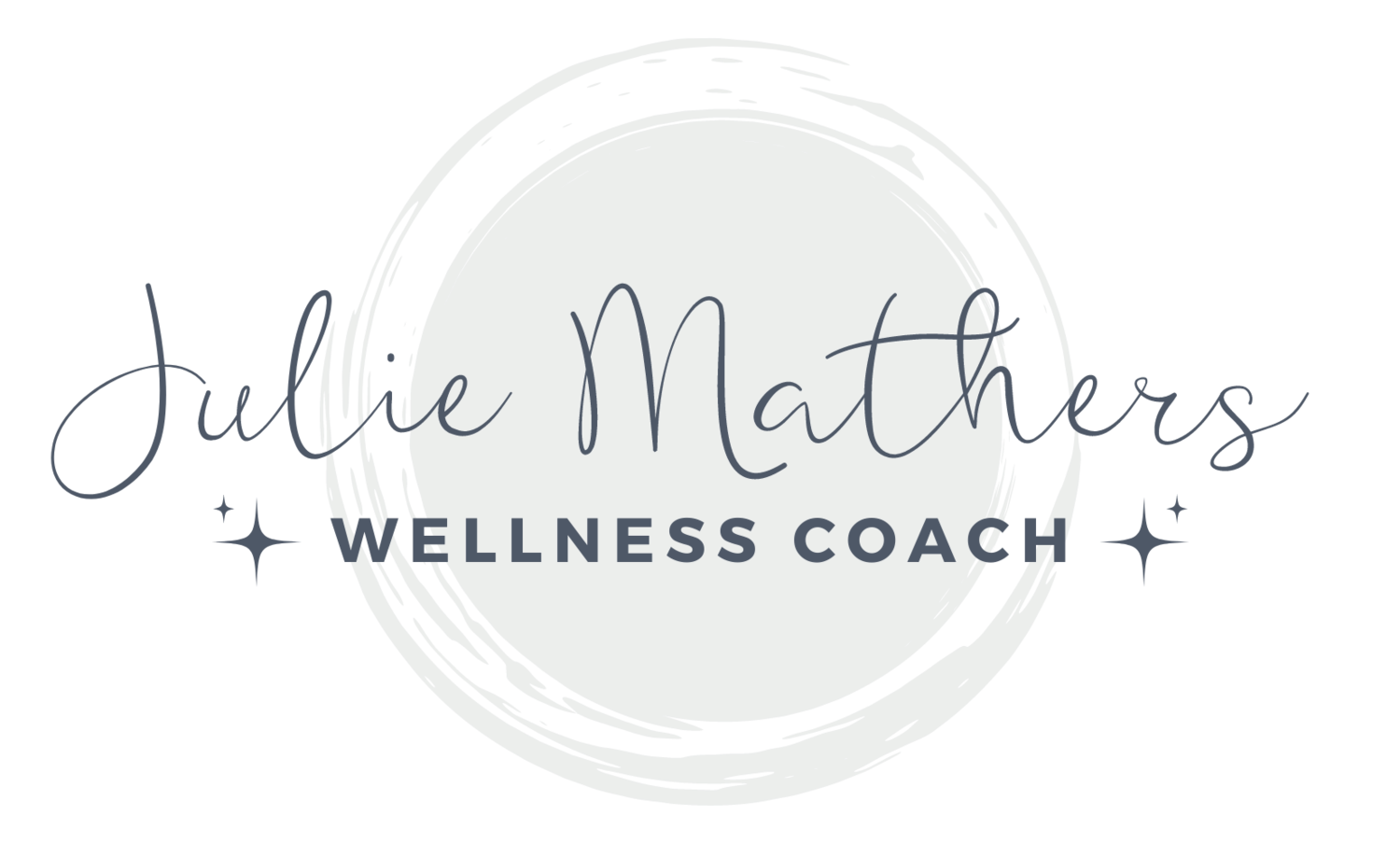
Addictions & Compulsions
Addiction:
Addiction is a brain disorder characterized by compulsive engagement in rewarding stimuli despite adverse consequences.
Alcohol:
Sometimes clients with an eating disorder struggle with alcohol addiction. Full abstinence from alcohol is possible, unlike food which needs to be eaten daily. A chronic disease characterized by uncontrolled drinking and preoccupation with alcohol. Alcohol addiction, also known as alcoholism, is a disease that affects people of all walks of life. Experts have tried to pinpoint factors like genetics, sex, race, or socioeconomics that may predispose someone to alcohol addiction. But it has no single cause. Psychological, genetic, and behavioral factors can all contribute to having the disease.
Drugs:
Sometimes clients with an eating disorder struggle with drug addiction. Full abstinence from alcohol is possible, unlike food which needs to be eaten daily. The initial decision to take drugs is voluntary for most clients, but repeated drug use can lead to brain changes that challenge an addicted person’s self-control and interfere with their ability to resist intense urges to take drugs. These brain changes can be persistent, which is why drug addiction is considered a “relapsing” disease—people in recovery from drug use disorders are at increased risk for returning to drug use even after years of not taking the drug.
Shopping Money and Compulsive Buying:
Omniomania (compulsive shopping, or what’s more commonly referred to as shopping addiction) is perhaps the most socially acceptable addiction.
Think about it: We are surrounded by advertising that tells us that buying will make us happy. We are encouraged by politicians to spend as a way of boosting the economy. And, for some of us, there is an allure of wanting what everyone else seems to have. Consumerism, by our own intentions or not (or some combination), has become a measure of social worth. Shopping addiction is an addiction that involves compulsive buying as a way to feel good and avoid negative feelings, such as anxiety and depression. Like other behavioral addictions, shopping addiction can take over as a preoccupation that leads to problems in other areas of your life.
Compulsive / Over-Exercise:
An exercise addicted client typically feels reward and joy when exercising. … Exercise addiction usually starts with a desire for physical fitness. An eating disorder, such as anorexia nervosa or bulimia, may lead to an unhealthy obsession with exercise. It is not listed currently by the APA or in the DSMV the following questions could indicate a compulsive exercise disorder: Forcing yourself (or feel forced) to exercise even when you are ill or injured; Experience chronic fatigue, muscle soreness, or sleep disruptions (all are signs of overtraining), yet continued to adhere to your workout regimen. Missing a workout cause you to feel anxious or stressed. Neglect important parts of your life (such as relationships, school, or work) in order to have time to work out.
